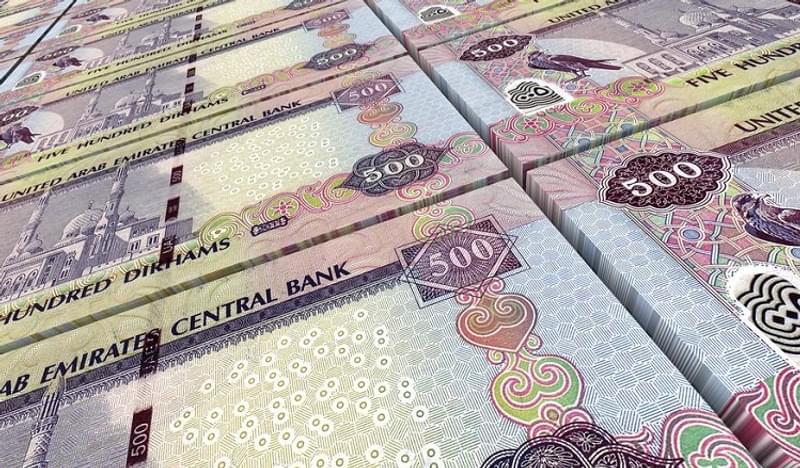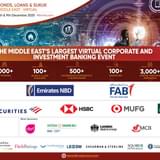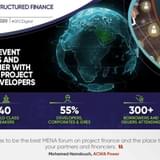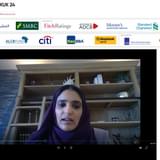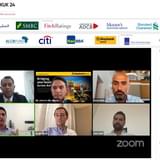We seem to have moved on from oil prices in the US$30 per barrel range seen earlier this year, which should have a positive impact on the markets, but we still constantly hear about tightening liquidity in the GCC. Are reports of regional liquidity tightening overblown? How has Emirates NBD Capital’s strategy been impacted by shifting market conditions?
Given where the price of oil is trading and its trajectory over the next year, liquidity in the region has tightened. But big deals are still getting done, we have seen various private offices and private equity players transacting in this environment as the expectation on valuations has come down. It could be argued that smaller or marginal activities and deals have been placed on hold as part of rationalisation exercises.
Emirates NBD Capital operates in the following verticals: Loans & Syndications, Debt Capital Markets, Equity Capital Markets and Advisory. We have been busy across the three verticals this year. Acquisition finance is a big focus at the moment, as the market is seeing significant consolidation in certain sectors, which means that despite the tightening liquidity situation and some of the challenges faced by the region, some companies remain good targets for acquirers.
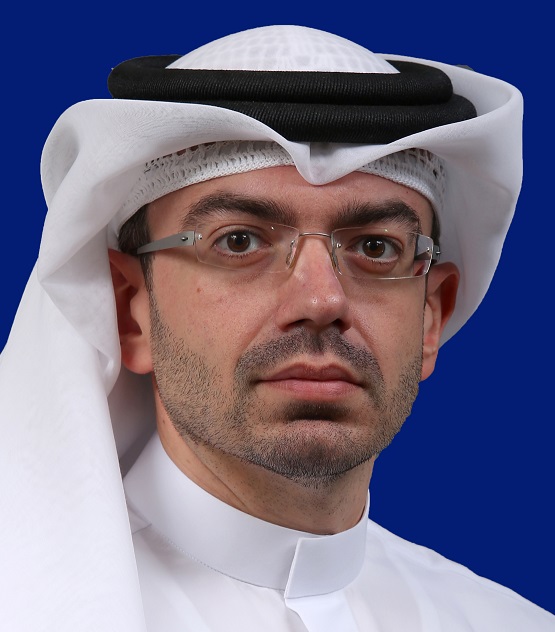
The Debt Capital Markets team is still largely busy with bringing to market global issuers that want to tap into liquidity pockets across MENA. Also, over the years Emirates NBD Capital has become a global sukuk house, giving issuers access to Shariah Compliant capital and investors; sukuk continue to gain popularity among various issuers, emerging as a global product that is well received by investors around the world. Lastly, the Equity Capital Markets team has been busy with various companies that have issued rights in the market to increase their equity base.
Of course, the capital markets have been extremely active this year, which is excellent for the firm, and we have participated on a number of notable deals globally. We have enhanced our geographic coverage and expanded our product offering to include private placements and Masala bonds. Asia and MEA is of increasing focus for the company, particularly as liquidity improves and the economy stabilises. There is a lot of appetite from Asian issuers and investors to get into the MENA market, where we believe Emirates NBD Capital can play a strong enabling role.
How has Emirates NBD Capital tapped into the huge resurgence in the region’s debt capital markets this year? What geographies is Emirates NBD Capital focussing on currently? What are some of the drivers there?
The company is playing to its strengths in the sukuk space, and is branching out to focus on places like Indonesia, which have substantial Muslim populations. The country is trying to incentivise issuers to issue sukuk and borrow using other Islamic instruments, so the company can see it boosting its presence and liquidity allocation there. Muslims account for 20% of the global population, but only about 1% of total assets have an Islamic flavour, which means there is substantial room for growth.
Africa is of increasing focus for Emirates NBD Capital at the moment. The sukuk market is nascent, and key enabling legislation in some countries still needs to be passed, but the bottom line is that we see sukuk emerging as an important capital market instrument for sovereigns and eventually GREs, FIs and corporates, particularly in Sub-Saharan Africa, Kenya, Nigeria, Senegal, and the Ivory Coast.
In Africa, one of the bigger stories we have been following is Egypt. Despite some of the challenges the country has faced over the years, both political and economic, we see huge potential there. We are strongly committed to Africa, and the Bank’s acquisition of BNP Paribas’ Egyptian assets in 2012 was important for us.
